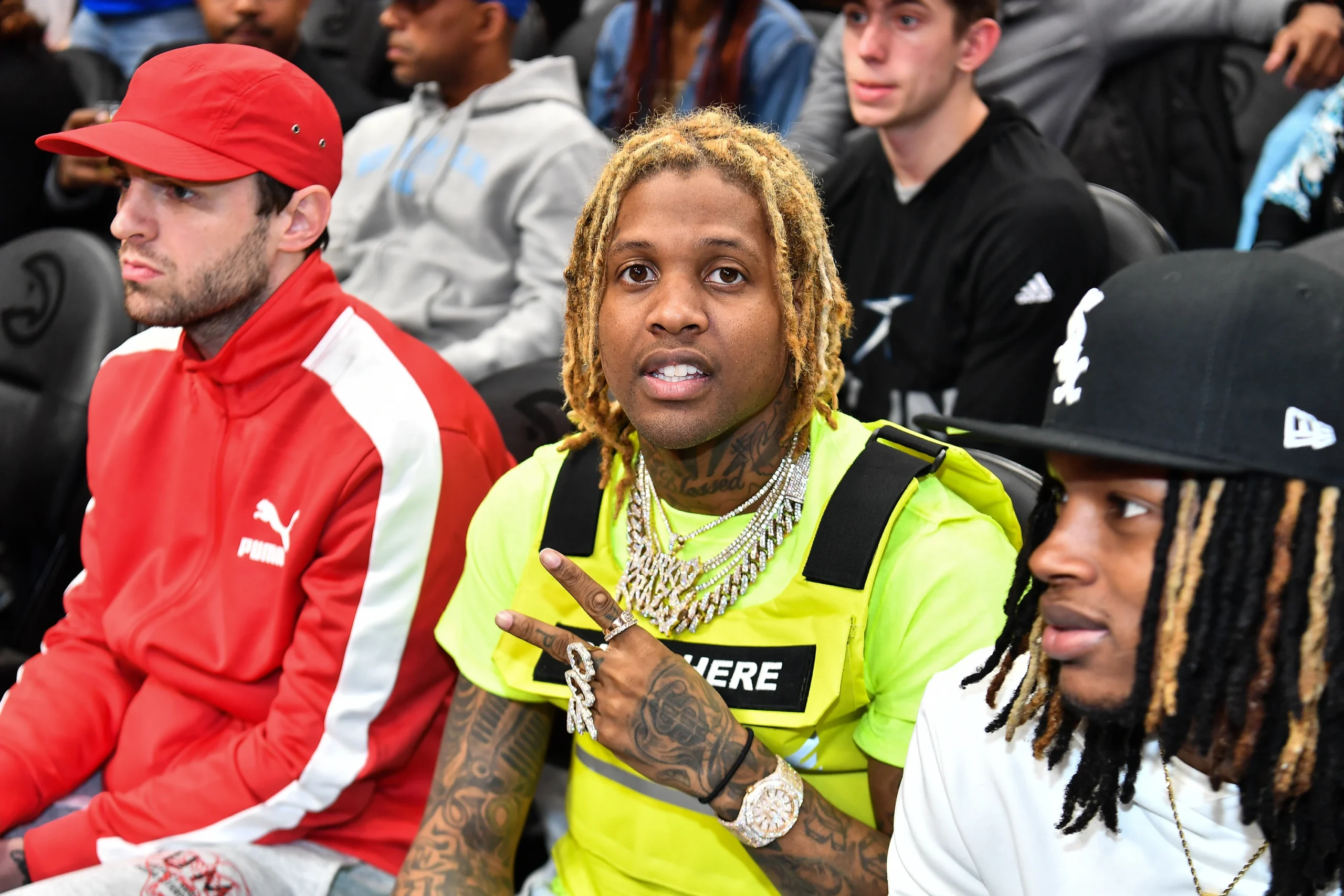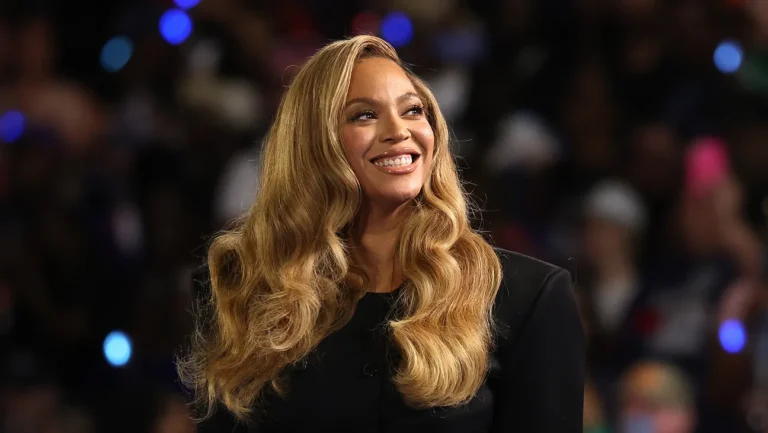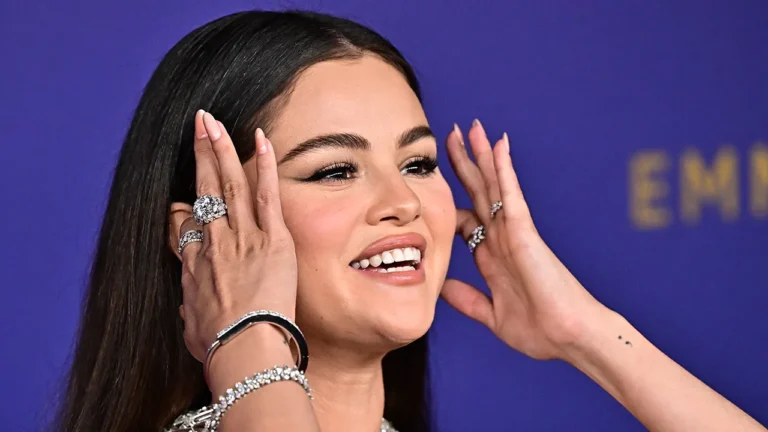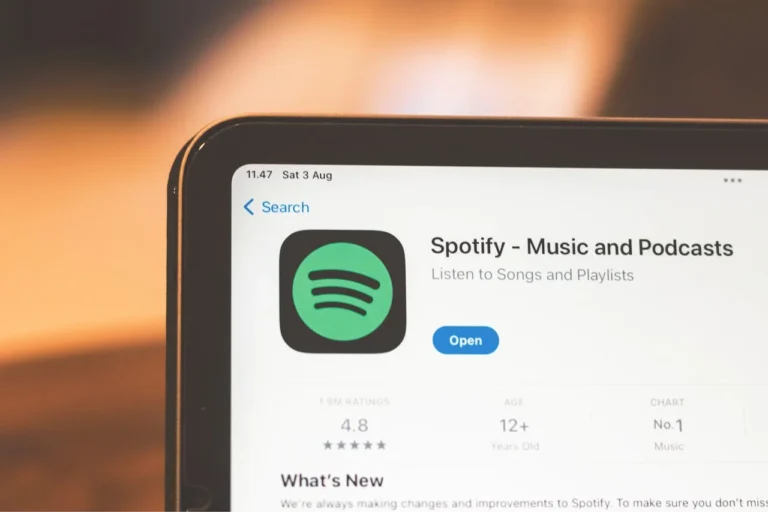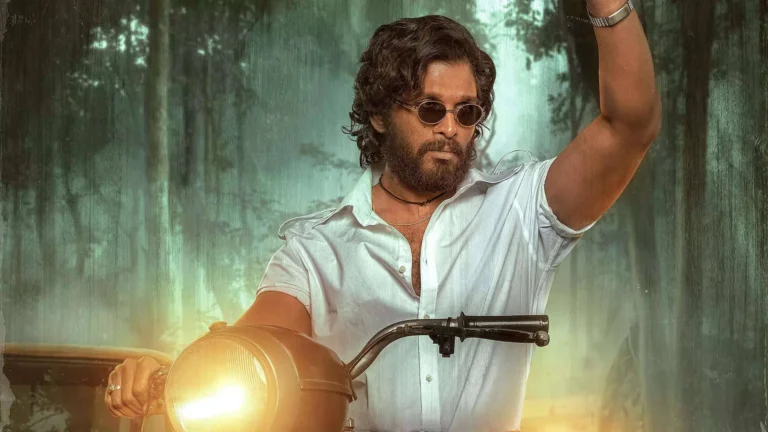Fans have long fueled Lil Durk’s controversies, and his recent arrest in an alleged murder-for-hire plot is a dramatic testament to the dangers of drill rap’s relentless cycles of violence. Chicago’s Durk, a towering figure in drill, could face a life sentence if found guilty of orchestrating a hit on rapper Quando Rondo in Los Angeles in August 2022. Tragically, Quando’s cousin Lul Pab was killed instead, a painful moment Durk seemingly referenced in an unreleased track. The same fanbase now quick to criticize Durk’s decisions had previously urged him on, embracing the feud as entertainment without considering its real-world consequences.
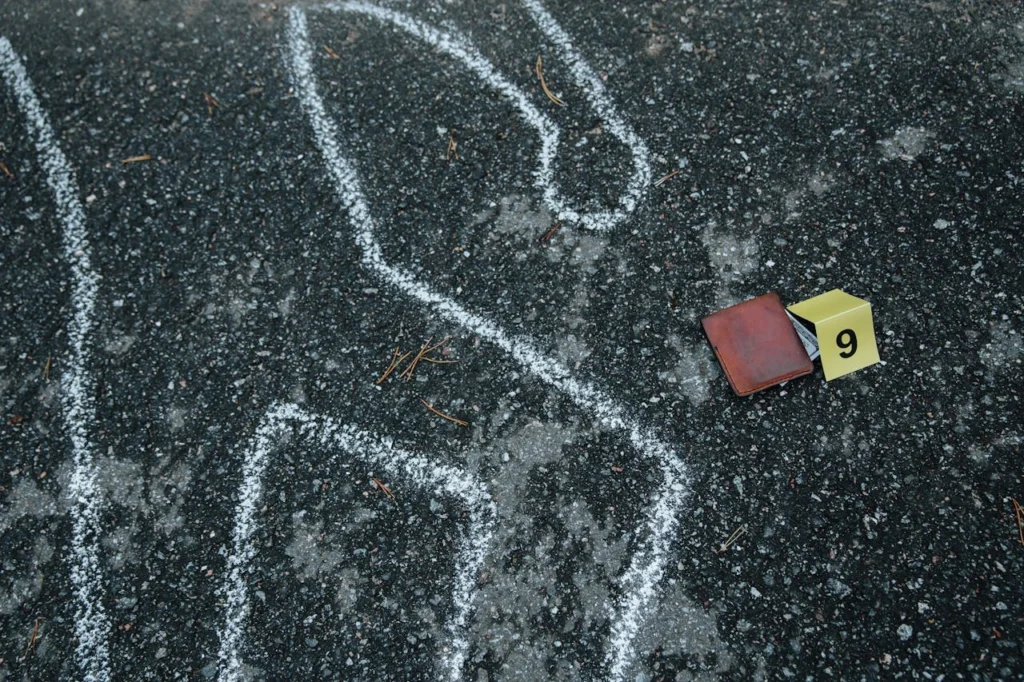
Durk’s arrest underscores an ongoing feud that’s stretched across years and cost lives, most notably King Von, Durk’s friend and label affiliate. Von’s 2020 death came after a confrontation with Quando Rondo in Atlanta escalated fatally. Durk’s longstanding rivalry with Youngboy Never Broke Again, and by extension Quando, has spiraled into a public drama for fans to dissect and speculate upon. Ironically, this conflict began with mutual respect and admiration, but deteriorated through online jabs, escalating tensions, and social media provocations. In 2019, Durk even praised Youngboy, and Von shared the studio with him. But soon, cryptic Instagram posts and pointed lyrics hinted at a falling out. For fans, this saga became a suspenseful narrative, fueling their comments urging Durk to “slide for Von,” as if cheering for a television antihero rather than a real-life artist navigating dangerous dynamics.
Over the following years, the feud between Durk and Youngboy transformed into a focal point of drill rap’s intense, often brutal appeal. For fans, the storylines were compelling, with each diss track or Instagram post eagerly interpreted for signs of brewing conflict. King Von’s death and Durk’s ongoing feud became plot points rather than tragedies, something to dissect rather than mourn. The tension between artist authenticity and fan fascination intensified, with online communities treating drill’s violent elements as another form of entertainment. Even when Durk’s lyrics touched on loss or loyalty, fans were quick to conflate his art with his life, urging him to fulfill a dangerous “realness” they’ve come to expect.
Drill’s history, from Chief Keef to Pop Smoke, showcases raw, street-rooted narratives, but as the genre has evolved, so too has its fanbase. For drill artists, this duality can feel inescapable: their appeal lies in both their artistry and their perceived connection to the streets. Legends like 50 Cent, who once thrived on gangster rap’s allure, have reflected on the weight of maintaining a dangerous image. While fans expect Durk and other drill artists to “keep it real,” this expectation often disregards the destructive consequences that can follow. Fans who seek authenticity may unwittingly push artists toward escalating conflicts, blurring the line between persona and reality.
Drill’s authenticity often demands a price, and for artists, the stakes are growing. Even while attempting to critique the system or lamenting street violence, Durk is often expected to maintain a hardened, no-retreat image. This fixation has reduced drill to a soundtrack for gang dynamics, leaving many artists, like Durk, walking a tightrope between art and reality. Yet fans, commentators, and even the justice system often ignore this. Law enforcement, for instance, increasingly scrutinizes drill music for incriminating evidence, further complicating artists’ ability to use music as an outlet for storytelling.
While the rise of drill has undoubtedly produced genius, it’s also a genre where art and real-world danger overlap uncomfortably. Artists face a troubling paradox: their authenticity is a hallmark of drill, yet it’s also what ensnares them in a culture of violence that can overshadow their creative pursuits. Drill’s commercialization has seen artists scrutinized as caricatures rather than creators. They are expected to personify the hardened personas they rap about, locking them into reputations that are difficult to escape.
Quando Rondo’s 2022 statement to Rolling Stone captures this struggle, as he explained that changing his image would undermine the very reputation fans expect him to maintain. “People don’t want [a guy] to change,” he admitted, noting that his reputation would suffer if he attempted to shift his image. Fans expect more than just music; they demand a commitment to the dangerous lifestyle they believe in. Drill artists face a cycle where attempts to evolve are seen as betrayal, rather than growth.
The tragic consequences of these pressures are impossible to ignore. Lil Durk’s latest charges reveal a grim reality of drill culture’s demand for authenticity, the fans’ voyeuristic obsession with violent rivalries, and the legal system’s willingness to entangle artists in their own narratives. This isn’t just a story of rivalry but a sobering example of what happens when art becomes inextricably tied to real-life stakes. Drill’s brutal culture and fan obsession represent a broader question for hip-hop’s future: Can it evolve into a space where artists are valued for their talents without risking their lives or freedom?
For now, Durk, Youngboy, and their counterparts remain bound by a culture they both embody and struggle to escape, a high-stakes performance that ultimately leaves no winners—only those left watching from the sidelines.
